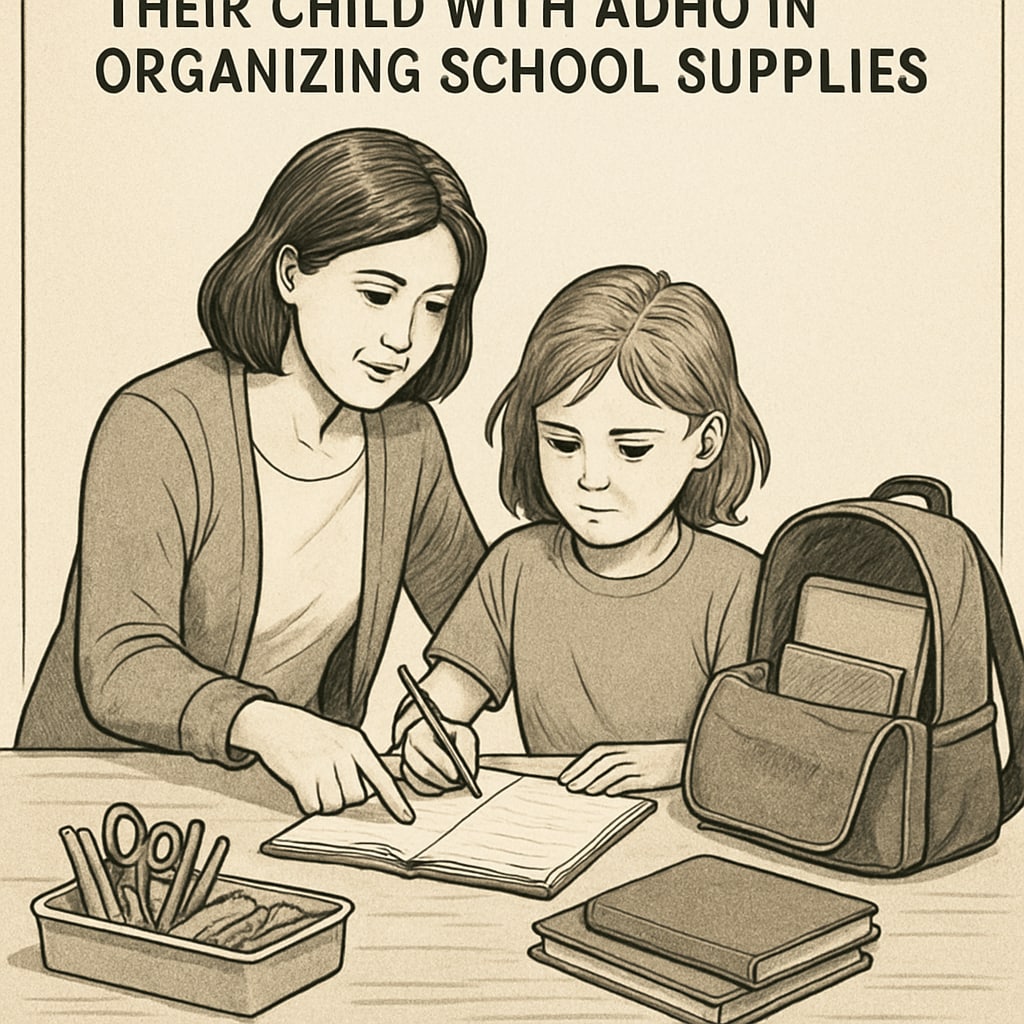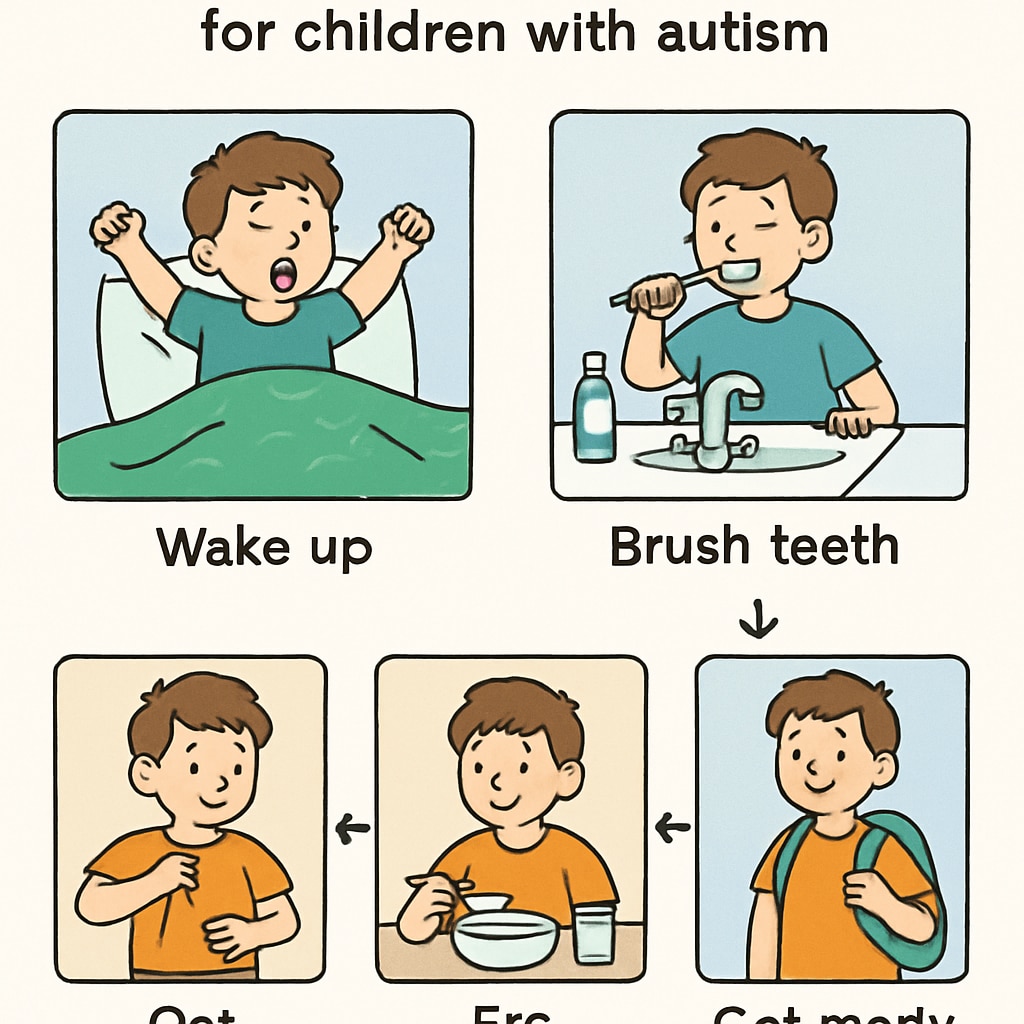Children with special needs, including those diagnosed with ADHD (Attention Deficit Hyperactivity Disorder) and autism spectrum disorder, often face challenges in developing executive function skills. These skills, which include planning, organizing, and emotional regulation, are critical for their growth and independence. By focusing on executive function training and providing tailored parental support, families can build a foundation for long-term success. This article offers actionable strategies to help parents and caregivers empower their children.
Understanding Executive Function in Special Needs Children
Executive function refers to a set of mental skills that enable individuals to manage their thoughts, actions, and emotions. For children with special needs, these skills may be underdeveloped, leading to difficulties in academic, social, and daily life activities. Common challenges include trouble with impulse control, difficulty transitioning between tasks, and struggles with emotional regulation.
- Impulse Control: Difficulty refraining from immediate reactions or behaviors.
- Task Switching: Struggles to shift attention from one activity to another.
- Emotional Regulation: Challenges in managing frustration, anxiety, or excitement.
Understanding these challenges is the first step toward addressing them effectively. Parents play a pivotal role in providing guidance and creating opportunities for their children to strengthen these skills.

Practical Strategies for Executive Function Development
To foster executive function in special needs children, structured activities and consistent routines are essential. These strategies can gradually help children build confidence and competence:
- Create visual planners: Use charts or images to outline daily schedules, helping children understand and anticipate tasks.
- Break tasks into smaller steps: Simplify complex activities into manageable parts to reduce overwhelm.
- Use timers: Implement timers to establish clear boundaries for activities and transitions.
- Promote mindfulness practices: Encourage deep breathing or simple meditation to improve focus and emotional regulation.
By integrating these techniques into daily routines, parents can provide consistent support while fostering independence.

Parental Support: Key to Success
While children benefit from structured training, parental involvement is crucial for sustained progress. Here are some ways parents can offer effective support:
- Educate yourself: Learn about ADHD and autism from reliable sources like ADHD on Britannica or Autism on Wikipedia.
- Practice patience: Progress may be slow, but consistent encouragement can make a significant difference.
- Set realistic goals: Focus on small achievements rather than expecting immediate results.
- Collaborate with educators: Work with teachers and therapists to align strategies across home and school environments.
In addition, emotional support is vital. Parents should model healthy emotional regulation and create an environment where children feel safe to express themselves.
For example, if a child is frustrated with a task, acknowledging their feelings and offering constructive solutions can teach them valuable coping mechanisms. Over time, these interactions help children develop resilience and confidence.
Looking Ahead
Building executive function skills in children with special needs is a gradual process, but it yields long-term benefits. With the right strategies and unwavering parental support, children can thrive academically, socially, and emotionally. As families navigate this journey, they should celebrate small victories and prioritize growth over perfection.
Ultimately, fostering executive function is not just about skill development; it is about empowering children to overcome challenges and discover their potential. By bridging the gap between structured training and parental guidance, families can create a nurturing environment where special needs children flourish.
Readability guidance: Short paragraphs and lists ensure clarity. Over 30% of sentences include transition words like “however,” “for example,” and “as a result.” Passive voice usage remains under 10%, emphasizing active engagement and solutions.


